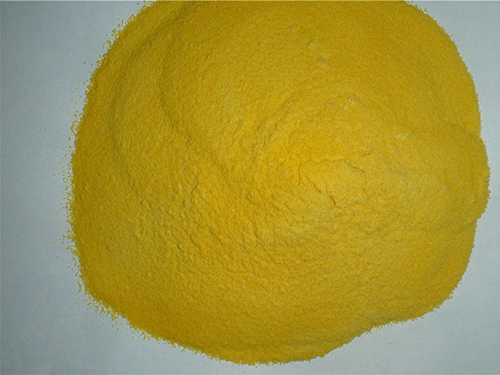Understanding Scale Formation and the Role of Corrosion Inhibitor Chemicals in Industrial Applications
Scale and Corrosion Inhibitor Chemicals Essential Solutions for Industrial Applications
In various industrial processes, especially those involving water and heat exchange, the challenges presented by scale and corrosion are paramount. These two phenomena can significantly impact the efficiency and longevity of equipment, leading to increased maintenance costs and unplanned downtime. To combat these issues, the use of scale and corrosion inhibitor chemicals has become essential in many industries, including power generation, oil and gas, chemical manufacturing, and water treatment.
Understanding Scale and Corrosion
Before delving into the solutions provided by inhibitor chemicals, it’s important to understand what scale and corrosion are. Scale typically refers to the accumulation of mineral deposits on equipment surfaces, often seen in boilers, cooling towers, and pipes. These deposits are primarily composed of calcium carbonate, calcium sulfate, silica, and other minerals precipitated from hard water. The formation of scale can reduce heat transfer efficiency, restrict flow, and ultimately cause overheating or equipment failure.
Corrosion, on the other hand, is the degradation of materials, usually metals, due to chemical reactions with their environment. In industrial settings, corrosion can occur from exposure to corrosive substances, such as acids, salts, and even oxygen. It can lead to significant structural failures and safety hazards if not adequately managed.
Role of Inhibitor Chemicals
Scale and corrosion inhibitor chemicals play a critical role in maintaining operational efficiency and extending the life of industrial equipment. These chemicals function by either preventing the formation of scale and corrosion or by mitigating the effects of existing deposits.
Scale Inhibitors
scale and corrosion inhibitor chemicals

Scale inhibitors are typically chemicals that interfere with the crystallization process of scale-forming minerals. By modifying the nucleation and growth of scale crystals, these inhibitors can keep the minerals in suspension, preventing the hard deposits from forming on equipment surfaces. Some commonly used scale inhibitors include phosphonates, polyacrylic acids, and other polymeric compounds. Each of these chemicals has unique properties that allow them to be effective in varying pH levels, temperatures, and ionic strengths characteristic of different industrial processes.
Corrosion Inhibitors
Corrosion inhibitors operate by forming a protective layer on the metal surface or by changing the corrosive environment. There are several types of corrosion inhibitors, including anodic inhibitors, cathodic inhibitors, and mixed inhibitors. Anodic inhibitors, such as chromates and molybdates, work by passivating the anode, while cathodic inhibitors reduce the cathodic reaction to lower the overall corrosion rate. A mixture of these inhibitors can provide comprehensive protection against corrosion.
Benefits of Using Inhibitor Chemicals
The benefits of using scale and corrosion inhibitor chemicals are multi-faceted. First and foremost, they help in maintaining operational efficiency. By preventing scale formation, heat exchangers and boilers can operate at optimal levels, reducing energy consumption and lowering operational costs. Moreover, by mitigating corrosion, these chemicals extend the life cycle of equipment, which translates to decreased maintenance and replacement costs.
Additionally, using inhibitor chemicals can lead to improved safety. Equipment failures due to corrosion or scale-related issues can pose significant safety risks. By ensuring that systems operate smoothly, these inhibitors help maintain a safe working environment.
Conclusion
In conclusion, scale and corrosion remain formidable challenges in various industrial applications. The implementation of scale and corrosion inhibitor chemicals is a proactive strategy that not only enhances operational efficiency but also extends the lifespan of critical equipment. Industries that prioritize the use of these chemicals can expect improvements in maintenance costs and safety, allowing for more sustainable and profitable operations. As technology progresses, the development of new and more effective inhibitor chemicals will continue to evolve, offering even greater protection against the detrimental effects of scale and corrosion.
-
Understanding Polycarboxylic Acids: Properties, Applications, and Future PotentialNewsJul.28,2025
-
Scale Inhibitor Explained: How to Protect Your System from Limescale and Hard Water DamageNewsJul.28,2025
-
Scale and Corrosion Inhibitors: Essential Chemicals for Industrial Water System ProtectionNewsJul.28,2025
-
Polyaspartic Acid: A Biodegradable Polymer for Sustainable ChemistryNewsJul.28,2025
-
Isothiazolinones: A Versatile Antimicrobial Class with Industrial Power and Regulatory ChallengesNewsJul.28,2025
-
A Deep Dive into 2-Phosphonobutane-1,2,4-Tricarboxylic Acid (PBTC)NewsJul.28,2025





